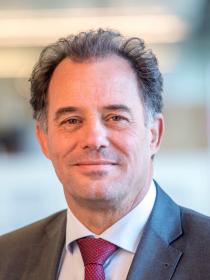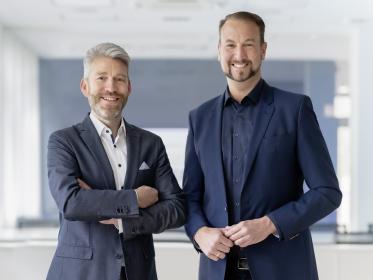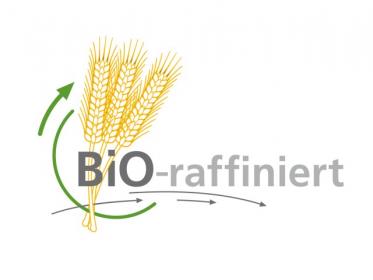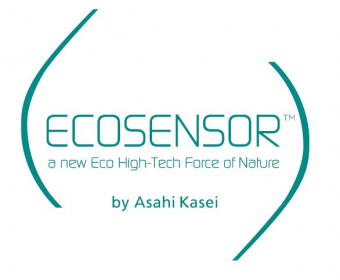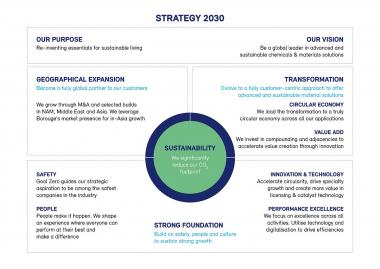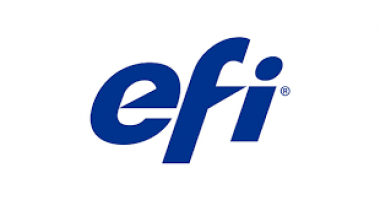Indorama Ventures and Polymateria sign partnership for biodegradable hygiene products
Indorama Ventures Public Company Limited (IVL) and technology specialist Polymateria Limited have signed an exclusive 10-year partnership to help household brands bring biodegradable nonwoven hygiene products to the market through biotransformation technology.
This collaboration provides a new solution for dealing with essential items like facemasks and wipes once they have been used, ensuring they can return safely to nature without leaving behind any microplastics or toxic residue. It is specifically designed to tackle plastic leaking into the environment as unmanaged waste, meaning it is neither collected for landfill nor recycled. Given that most of the plastic in our oceans originates as unmanaged waste on land, addressing the unmanaged waste challenge is key.
IVL’s right to use Polymateria’s unique biotransformation technology for nonwovens supports application in non-virgin resin recycling while providing a solution for ‘fugitive’ used articles, especially those items that end up in the natural environment. This biotransformation process involves the plastic transforming into a bioavailable wax in the open terrestrial environment, whereupon the wax is fully consumed by bacteria, microbes and fungi, leaving just carbon dioxide, water, and biomass. The pulp component is inherently biodegradable under similar conditions.
Nonwovens made by IVL using Polymateria’s technology have been independently tested against, and meet the criteria in, the BSI PAS 9017 standard for the biodegradation of polyolefins in an open-air terrestrial environment published by the British Standards Institution in October 2020. This standard and/or its criteria – the first in the world to ensure plastic can biotransform in the open terrestrial environment without creating any microplastics – is being adopted around the world including in India, Malaysia, the Philippines and Hungary.
Indorama Ventures Public Company Limited Polymateria nonwovens hygiene market biodegradable
Indorama Ventures Public Company Limited












